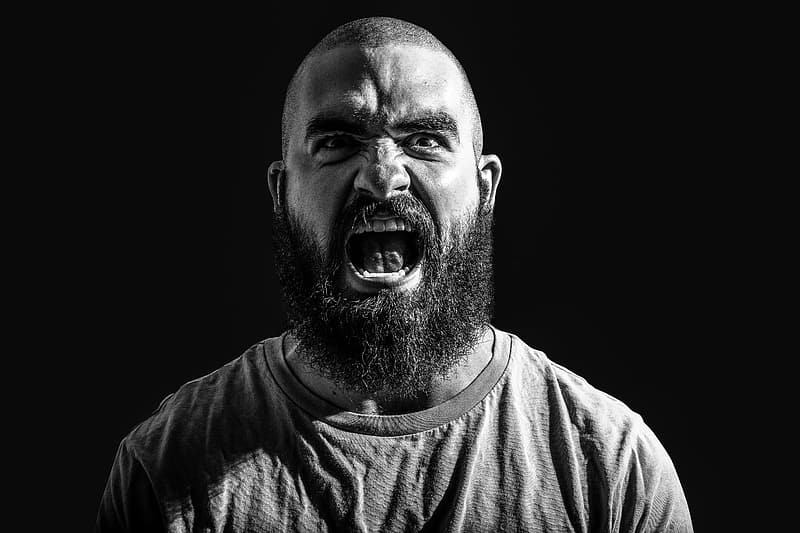
The protagonist is a man with mental health issues. During his life, he started different medications; in the beginning, he always handled the situation pretty well and he always felt much better but every time the professionals changed his cure by eliminating the pills assumption, he always fell down once again. He remembers that when he was at school he had a professor who did not know how to deal with him nor with his mental health illness. The professor used to attack the protagonist by insulting him when he gave the wrong answer to the questions and, at the same time, by ignoring him when he wanted to know more about the lesson or when he wanted to intervene during a debate. The boy felt so angry and frustrated that he preferred leaving the class. Luckily, during the other lessons he has always been treated well from all the professors; however, he started to feel uncomfortable and always less important for the class. Moreover, at a point, has lost his interest in studying and this led him to give up with his educational life. The protagonist keep remembering all the embarrassed situations he had to deal and his final decision. Every time he starts a new medication, he forget about it but as soon as he stopped taking the pills, all the memories come up once again in his mind bringing him down. However, the professionals still believe in him therefore they suggest him a different recovery even if the protagonist still believes he would never heal.
Theoretical background
Aggression type
Pervasive memories of verbal aggression – emotional violence resulting in the total lack of self-efficacy, and self-destruction.
Emotions: anger, shame
Coping/Stressors related to mental illness/victimization and self-stigma
Coping/Functional coping strategies
Questions and answers
1st Question
At what point in the scenario do you find that the protagonist was a victim of violence? To what kind of violence does the scenario refer to?
1st Answer
The protagonist is victim of verbal and emotional violence during his early life when he was studying at the college. The professor didn’t know how to treat him therefore he did everything to push the young boy out of the class. The teacher discriminated and humiliated him in front of the rest of the classmates
2nd Question
Do you think that the thoughts, the actions, the feelings and the attitudes adopted by the protagonist of the scenario helped him/her to cope with this situation? Are there any alternative ideas?
2nd Answer
The man during his early age felt frustrated and angry. He tried to change his educational path by following other classes but, due to the mental pressure exercised by his previous professor he started to feel inadequate, moreover he become more afraid in intervening during the classes’ debates. The protagonist should have not felt embarrassed in keep going to take the class since the professor is the only one to be blamed,. With his presence he would have shown he was determined and able as any other student.
3rd Question
What other interventions and actions could further help the protagonist to deal with this incident and with any potential similar incidents in the future?
3rd Answer
It would be essential that the professional explain to the men that everything he feels is given by old memories and that right now he is totally able to overcome it. It is important to work with the protagonist so that he understands that the self-esteem and self-confidence has to be built from the inside. Furthermore, would be a good advice to suggest to the protagonist to take some lessons again. In that way he will demonstrate to himself he can do it and, consequently, he can also bring to end his medication and never felt down again.
